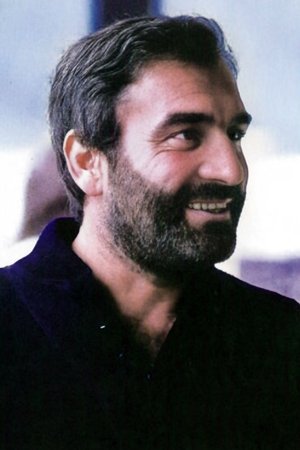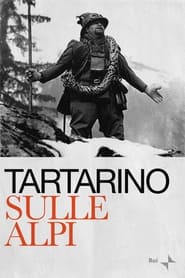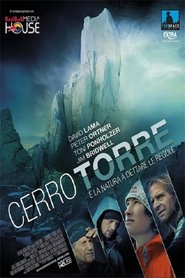
Cesare Maestri
Cesare Maestri, born October 2, 1929 in Trento and died January 19, 2021 in Tione di Trento in Trentino-Alto Adige, was a contemporary Italian mountaineer and writer. Cesare Maestri first studied theater and art history in Rome but returned to Trento to work as a guide and ski instructor. It begins to climb in the Brenta massif and then opens many routes, often solo, in this massif and in the Dolomites. Maestri was quickly nicknamed “the Spider of the Dolomites” (in Italian: Il Ragno delle Dolomiti). A disciple of Paul Preuss as far as “solo” and uninsured climbing is concerned, he was the first to climb a listed route in sixth degree alone and the first to descend to the same degree. But, after the controversial ascent of Cerro Torre in 1959, Cesare Maestri's alpine career continued on the mode of open artificial routes using a large number of expansion pitons. For Cesare Maestri, the challenge represented by Cerro Torre embodies the possibility of revenge on the past. Him, the young and talented climber of the Dolomites who lost his mother at the age of 6. Him, the rebellious communist militant who in post-war Italy supported Coppi rather than Bartali. He, stocky, muscular, cheeky, believes he is up to such a challenge. He is presented by his ascents as master of the 6th degree (highest rating of the time). “This successful guide needs recognition, like a drug addict,” said Reinhold Messner in Cerro Torre. The Impossible Mountain. Maestri's obsession with Cerro Torre grew stronger in 1954, when his candidacy for the Italian expedition to K2, the second highest peak in the world that no one had yet climbed at the time, was refused. His form is however Olympic and his pride – reinforced by recent solo and ropeless openings in the Dolomites – in good shape. He does not understand this refusal, especially since the young mountaineering prodigy Walter Bonatti, one year his junior, is accepted. This disappointment has the effect of strengthening his bellicose character. Bonatti becomes his main rival. In 1958, both find themselves at the same time at the foot of the impossible mountain. They launch, each on their side, an attempt on the granite wall and both fail. Maestri sees it as an opportunity to become better than the best. He will return there the following year to realize his dream. According to the words of Cesare Maestri, January 31, 1959 would therefore have been the day when with Toni Egger, his Austrian companion, he would have reached the summit of the coveted mountain. But if we look closer, everything suggests that the two men would never have reached its peak. Died on the descent, Toni Egger took in his fall the camera that would have contained the pictures of the summit. Without witnesses or proof of success, only Maestri's words are authentic. In an environment where loyalty is the golden rule, being accused of a liar corresponds to being ostracized. But by the force of his conviction, Cesare Maestri remained in the middle. Better: he even managed to mark the history of mountaineering. His lie being proven, his stubbornness makes him a fragile being. Almost endearing. "Dying, he stopped suffering," concludes Charlie Buffet.
Known For
Credits
- 2019 ·Mythos Cerro Torre: Reinhold Messner auf Spurensucheas Self
- 2013 ·Cerro Torre: A Snowball's Chance in Hellas Self
- 2005 ·Jim Bridwell, The Yosemite Living Legendas Self
- 1976 ·Le Montagne della Luceas Himself
- 1968 ·Tartarino sulle Alpias Prima guida
- 1960 ·Sesto grado superioreas Self



